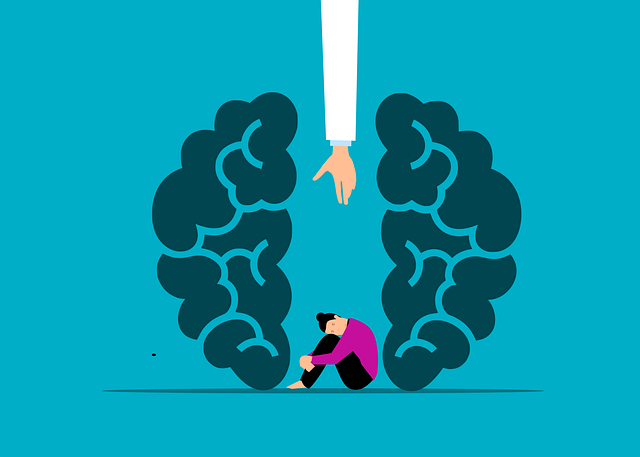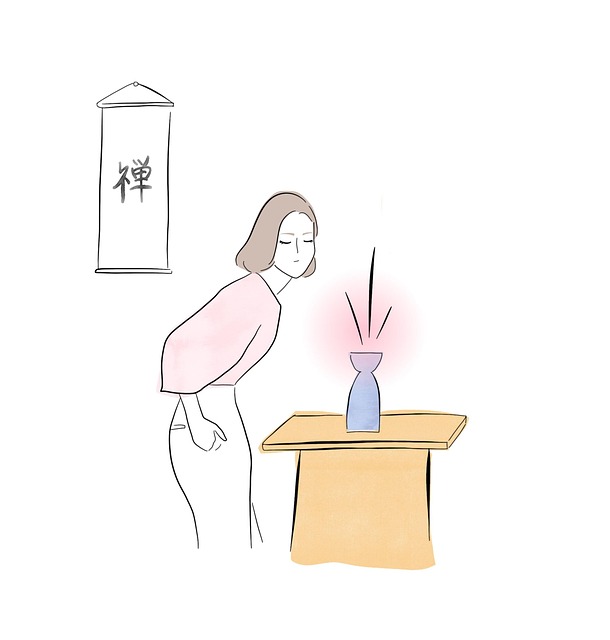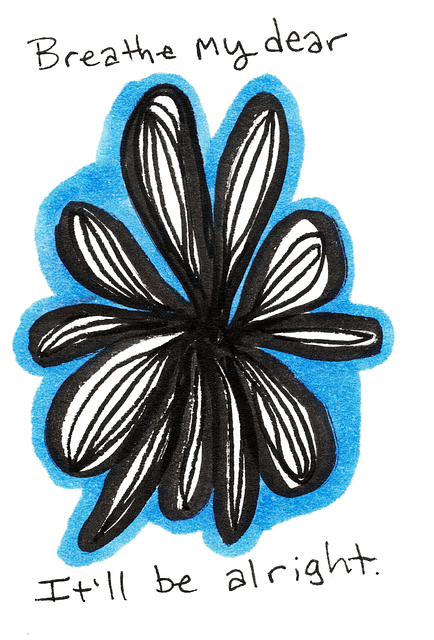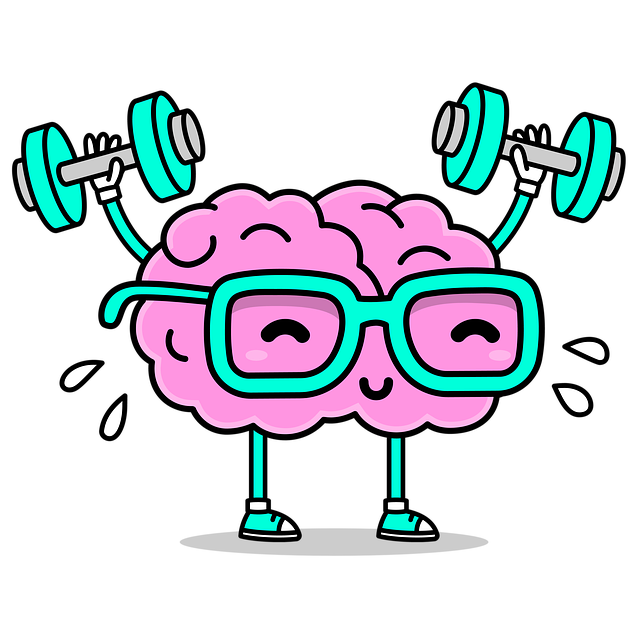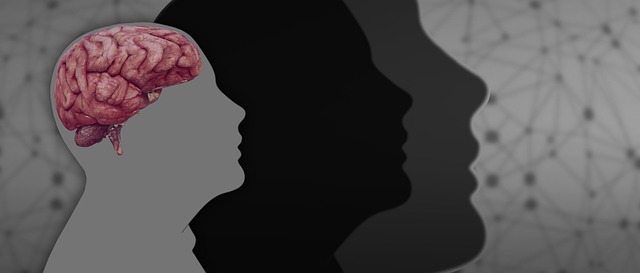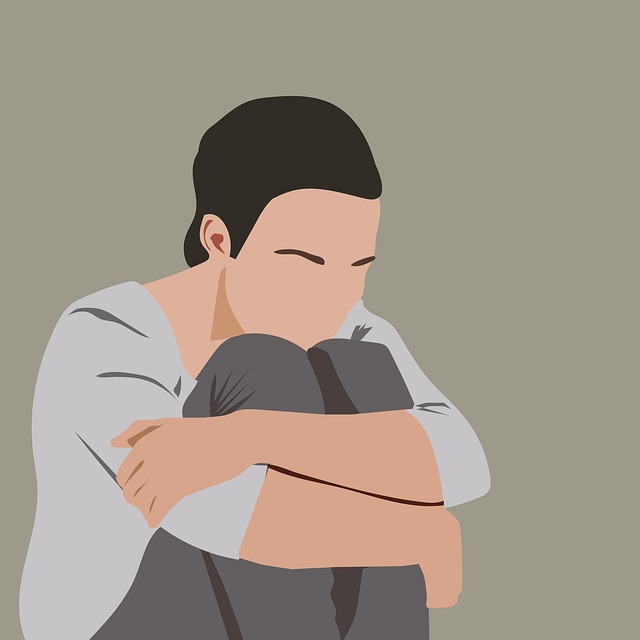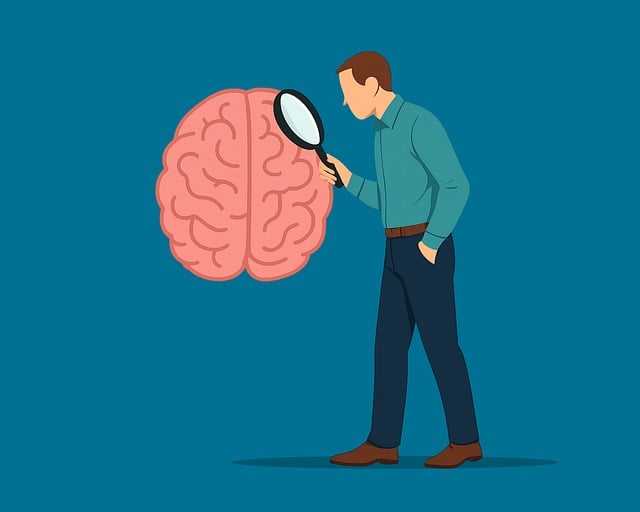Depression in adolescents is a growing global concern, requiring early identification and intervention. Mental wellness professionals employ Superior Adolescent and Teen Therapy (SATT) to equip teens with tools for managing emotional volatility and identity formation. SATT combines cognitive-behavioral techniques, social skills training, trauma support, and mindfulness meditation to challenge negative thoughts, build resilience, and foster supportive environments. Evidence-based methods like CBT and Interpersonal Psychotherapy (IPT) address unique challenges like academic pressures and peer relationships, promoting open communication, stress management, and emotional intelligence to prevent severe depressive episodes and enhance overall well-being.
Depression among adolescents and teens is a growing concern, but with proactive strategies, we can empower young individuals to thrive. This comprehensive guide explores effective prevention tactics, from therapeutic approaches like Cognitive-Behavioral Therapy (CBT) and Interpersonal Psychotherapy (IPT) to lifestyle changes such as physical activity, sleep hygiene, and mindfulness practices. We also delve into the role of support systems at home and school, highlighting Superior Adolescent and Teen Therapy methods for a holistic approach to mental health.
- Understanding Depression in Adolescents and Teens
- Identifying Risk Factors and Early Warning Signs
- Therapeutic Approaches for Prevention
- – Cognitive-Behavioral Therapy (CBT)
- – Interpersonal Psychotherapy (IPT)
Understanding Depression in Adolescents and Teens

Depression among adolescents and teens is a growing concern, affecting millions worldwide. Understanding this mental health challenge is paramount in developing effective prevention strategies. Adolescence is a period of significant growth and transition, often marked by emotional volatility and identity formation. When left unaddressed, temporary feelings of sadness or mood swings can escalate into more severe forms of depression, impacting an individual’s overall well-being and future prospects.
Early identification and intervention are key to preventing depressive episodes. Mental wellness professionals play a crucial role in equipping adolescents with the tools to navigate this phase of life. Through superior adolescent and teen therapy, risk management planning, and mental wellness journaling exercises, professionals can guide young individuals toward healthier coping mechanisms. Encouraging open communication, teaching stress management techniques, and fostering resilience are all part of comprehensive strategies aimed at enhancing mental wellness and preventing depression in this vulnerable population.
Identifying Risk Factors and Early Warning Signs

Recognizing risk factors and early warning signs is a vital step in preventing depression among adolescents and teens. This age group faces unique challenges that can contribute to mental health struggles, such as academic pressures, peer relationships, and the developing brain. Superior adolescent and teen therapy focuses on identifying these red flags to provide timely interventions. Early indicators might include persistent feelings of sadness or emptiness, changes in appetite and sleep patterns, loss of interest in activities once enjoyed, and decreased energy levels.
Through comprehensive mental health education programs designed to raise awareness, individuals can learn about mindfulness meditation as a tool for managing stress and cultivating emotional resilience. The Mental Wellness Podcast Series Production offers accessible resources that discuss these early warning signs and promote open conversations around mental wellness. By equipping teens with the knowledge to recognize their emotional states and providing them with healthy coping mechanisms, we can foster better mental health outcomes and potentially prevent more severe depressive episodes.
Therapeutic Approaches for Prevention

Depression prevention strategies among adolescents and teens involve a range of therapeutic approaches designed to promote emotional well-being. Superior Adolescent and Teen Therapy (SATT) has emerged as an effective method, focusing on cognitive-behavioral techniques to help young individuals challenge negative thought patterns and develop healthier coping mechanisms. This form of therapy encourages self-awareness, problem-solving skills, and resilience, all of which are crucial in preventing depressive episodes.
In addition to SATT, Social Skills Training and Empathy Building Strategies play a significant role. By enhancing social connections and fostering empathy, these approaches aim to create a supportive environment that can buffer against stress and trauma. Trauma Support Services are also essential, providing specialized care for individuals who have experienced adverse events, as untreated trauma is a known risk factor for depression. These comprehensive strategies work synergistically to safeguard adolescent mental health and promote a brighter, more resilient future.
– Cognitive-Behavioral Therapy (CBT)

Cognitive-Behavioral Therapy (CBT) is a highly effective approach to depression prevention, especially for adolescents and teenagers. This superior therapy focuses on identifying and changing negative thought patterns and behaviors that contribute to feelings of sadness and hopelessness. CBT empowers young individuals with valuable conflict resolution techniques, enabling them to manage stress and difficult emotions more effectively. By enhancing mental health awareness, CBT helps teens build resilience and improve their overall well-being.
Through CBT, adolescents learn to challenge distorted thinking, gain a more balanced perspective, and develop healthier coping strategies. This evidence-based therapy not only addresses current depressive symptoms but also provides long-lasting tools for preventing future episodes. By boosting confidence and empowering teens with a sense of control, CBT paves the way for a brighter, more optimistic future.
– Interpersonal Psychotherapy (IPT)

Interpersonal Psychotherapy (IPT) is a highly effective form of treatment that has shown promise in preventing depression, especially among adolescents and teens. This therapy focuses on improving an individual’s interpersonal relationships and emotional intelligence, which are key factors in mental health. By teaching young people skills to navigate social interactions more effectively, IPT helps them build stronger connections with peers and family, reducing feelings of isolation and loneliness that can contribute to depressive episodes.
In the context of superior adolescent and teen therapy, IPT goes beyond addressing symptoms by targeting the underlying social and emotional issues. It encourages individuals to express their emotions healthily, manage conflicts constructively, and set realistic expectations in relationships. Additionally, community outreach program implementation, along with enhanced emotional intelligence, can foster a supportive environment where teenagers feel understood and valued. This holistic approach not only prevents burnout but also empowers young people to thrive emotionally, providing them with lifelong tools to cope with life’s challenges.
Depression among adolescents and teens is a growing concern, but with the right strategies, it can be prevented. By understanding the risk factors and early warning signs, parents and caregivers can play a crucial role in their mental health. Cognitive-Behavioral Therapy (CBT) and Interpersonal Psychotherapy (IPT) are proven superior therapeutic approaches that focus on addressing negative thought patterns and improving interpersonal relationships, respectively. Implementing these evidence-based strategies can significantly reduce the likelihood of depression and promote a healthier, happier future for our youth.
